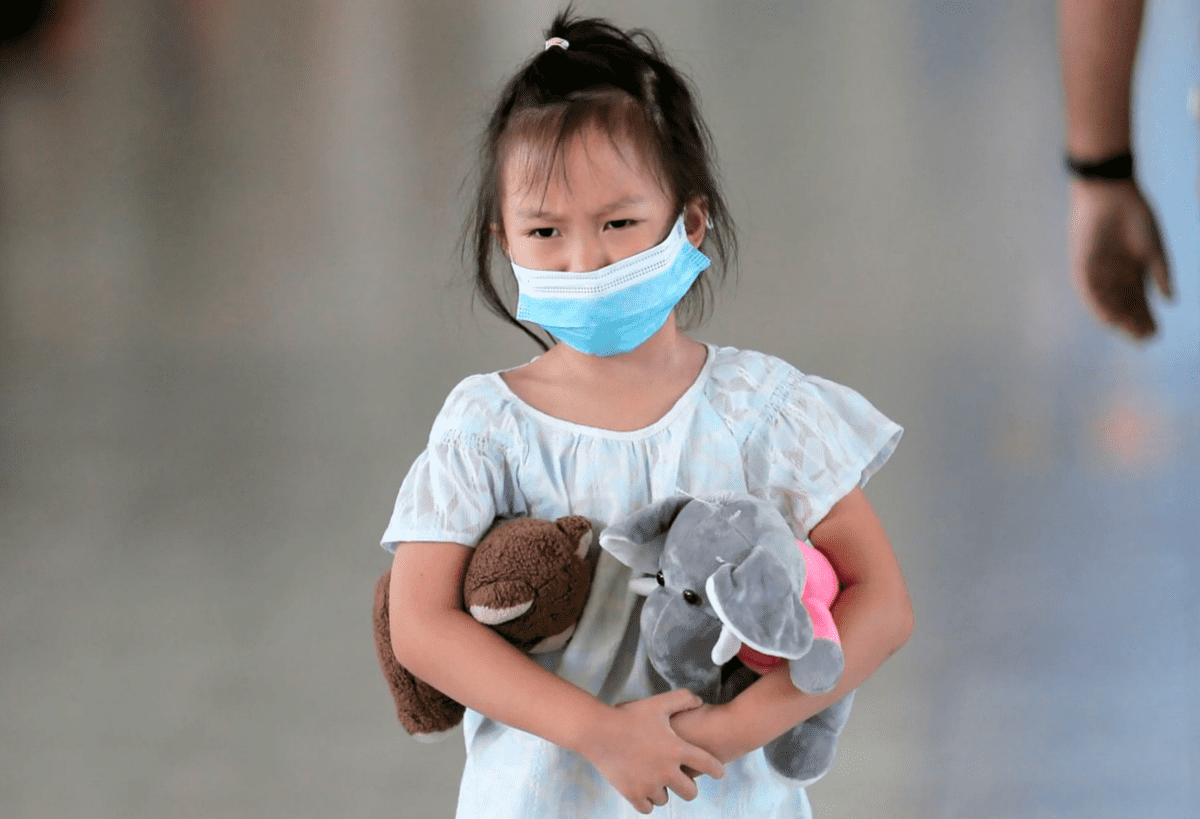
Covid, Unicef: "New deadly wave in South Asia, children at risk".
Unicef on Covid emergency: “Immediate action and strong leadership are needed to stop the catastrophe”.
George Laryea-Adjei, Unicef Regional Director for South Asia on the Covid emergency
“The scenes we are witnessing in South Asia are unlike anything our region has seen before.
Family members of patients are begging for help as the region is hit by acute medical oxygen shortages.
Exhausted health workers are on the verge of collapse.
We face the real possibility that our health systems will reach breaking point, leading to even more loss of life.
Immediate action and decisive leadership are essential to stop the catastrophe”.
So said George Laryea-Adjei, Unicef Regional Director for South Asia.
“Governments must do all they can to stop the devastation and partners who can send aid must do so immediately.
The international community must act without delay.
This is not just a moral obligation.
The deadly new wave in South Asia threatens us all.
It has the potential to reverse the hard-won global achievements against the pandemic if it is not stopped as soon as possible.
We must not forget our individual responsibility.
Every decision we make has the potential to alter the course of this wave, and to safeguard or endanger the lives of those around us.
We may be exhausted, but the virus is not yet exhausted.
Now, more than ever, we must commit to wearing masks, washing our hands with soap as often as possible, maintaining social distancing and vaccinating ourselves, if we have the opportunity to do so”.
Covid’s low level of immunisation in Asia worries Unicef
“The very low level of vaccination in South Asia widens the scope for the virus to spread even further without control. In almost every country in the region, with the exception of the Maldives and Bhutan, less than 1 in 10 people have been vaccinated,” explains Laryea-Adjei.
“Now more than ever, we need to ensure that vaccines reach all populations equally.
Production must be intensified, technology transferred and doses shared equitably.
None of us are safe until everyone is safe.
As we work to respond to the public health emergency, we must not forget the profound impacts of the pandemic on children.
Children are directly affected by the disease in greater numbers than ever before.
They are losing their parents and caregivers, witnessing scenes no child should see, and cut off from schools and vital support networks”.
As resources are shifted and services reach saturation point, the essential health services they rely on so heavily – including routine immunisation programmes – are now at risk of being compromised, if not stopped altogether.
If this happens, it will once again be the most vulnerable children and families who suffer the most.
The first wave of the pandemic caused drastic cuts in the availability and use of basic public health services in South Asia, costing an estimated 228,000 children and 11,000 mothers their lives.
We cannot allow this to happen again.
We must do all we can to ensure that health, immunisation and nutrition services continue to function and that women and children everywhere feel safe using them.
Viruses know no borders.
We must act together now, as a global community, to stop the devastation and protect our children,” she concludes.
Read Also:
WHO And UNICEF: Fewer Children Have Access To Life-Saving Vaccines Worldwide Due To The Pandemic


